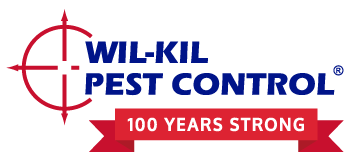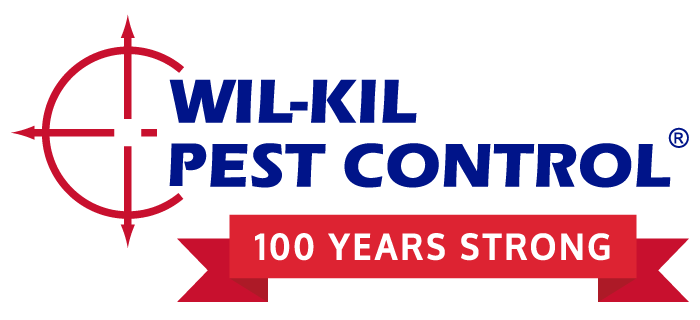Deciding what to do about bees if they are invading your home or yard can put you between a rock and a hard place. On the one hand, you don’t want to harm an already endangered species by killing them off, on the other you don’t want to be house ridden simply because of the honeybees in or around your yard. One of the most harmful things you can do is use DIY solutions or harmful products to remove bees, which can put both you and the bees in harm’s way. If you are interested in removing bees in the safest way possible, here are a few tips.
Things to avoid:
Get A Free Quote
Inquiries
(800) 236-8735
- DO NOT use store-bought pesticides. If you are concerned about the survival of bees, avoiding the misuse of pesticides is a no-brainer. Even though they only kill bees that come in direct contact, studies show that pesticides can be a contributing factor to the decline in honeybees. If pesticides are needed, they should be used by a pest management professional who is trained to apply pesticides in a manner that minimizes exposure by honeybees.
- DO NOT attempt to relocate a bee hive. Some suggest that if you find a bee hive, you can carefully remove it and relocate it somewhere outside of your property, however this puts you in harm’s way as you run the risk of angering the hive and getting stung. Additionally, if it is not done properly, it can lead to the loss of bees in the colony.
- DO NOT use soap and water as an alternative to pesticides. Many argue that this is less harmful, when in fact the soapy water penetrates bees’ protective waxy surfaces, and actually drowns them.
The best option if bees are overrunning your home and yard is to call a pest management expert. They will be able to tell you if you are, in fact, dealing with honeybees or hornets/wasps, because they are frequently confused. Additionally, a pest management professional knows the best practices for removing bees from your property, which generally means working alongside a local bee keeper. Once the bees are out, there are several things you can do to avoid having them in the future.
Once the bees are removed:
- Keep your yard maintained and free of overgrown areas – which are appealing to stinging insects looking to create a new colony.
- Remember, flowers attract bees for the natural source of nectar. Consider planting these further away from your home to avoid encountering bees.
- Remove traces of honey or beeswax, which can lead to returning colonies, by using strong cleaning products where they last resided.
- Use natural bee repellents such as citronella, cucumber peels, and sugar water.
The important thing to remember is to keep you and the honeybees safe, which is why your best option for removal is to hire a pest control professional. At Wil-Kil, we offer expert advice and services to control a multitude of pest problems both residential and commercial. For honey bees issues, contact us for our expert advice.
Protecting the Bees – DIY’s and Other Harmful Tactics in Sun Prairie, WI
Wil-Kil Pest Control is a local Pest Control and Extermination company helping homeowners and businesses with pest issues across WI.

